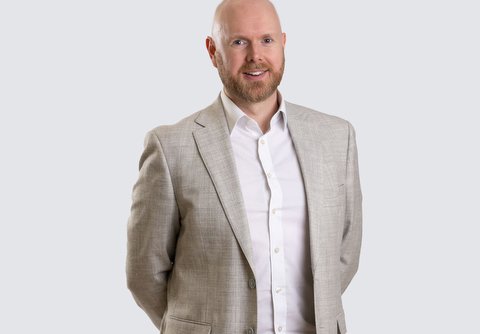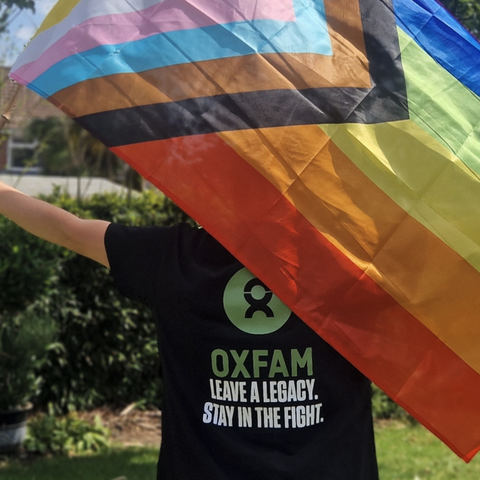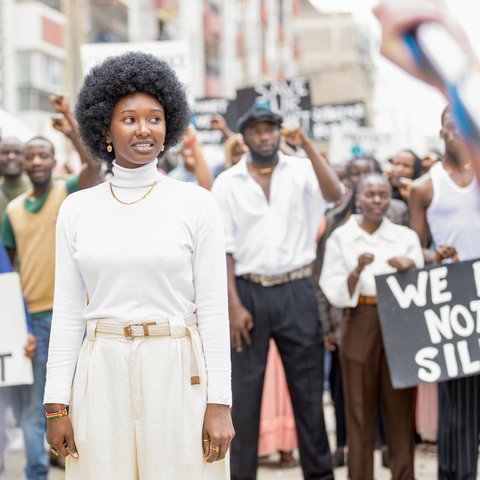Ryan Taylor, of Hugh James Solicitors. Credit: Ryan Taylor


Taking pride in your estate planning
Pride Month is an important time for the LGBTQIA+ community for many reasons. It gives us the opportunity to reflect on the progress made for the community, celebrate our achievements and each other, and redouble our efforts to strive for equality.
Why estate planning is important for LGBTQIA+ people
4 considerations for estate planning
“In the LGBTQIA+ community, varying levels of acceptance of our identities can also mean some are not close with their biological/legal families, and instead have chosen families who they live with, love, and want to support.”
Ryan Taylor
“Powers of attorney should be considered by every adult as an insurance document to provide for someone to take control if you can’t make decisions for yourself. And yet 78% of adults in the UK haven't registered a Lasting Power of Attorney. They are particularly pertinent for LGBTQIA+ individuals.”
Ryan Taylor
Get advice and make a will
More posts like this

– Writing a Will is an empowering act of care, love, and defiance—especially for LGBTQIA+ people. Discover why your legacy matters and how Oxfam’s Free Will service can help ensure your identity and wishes are honoured.

It’s thanks to gifts in Wills from our supporters that we’ve been here for 75 years, fighting to end poverty and injustice around the world.